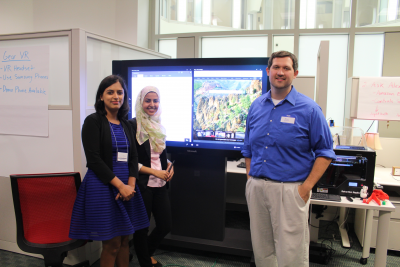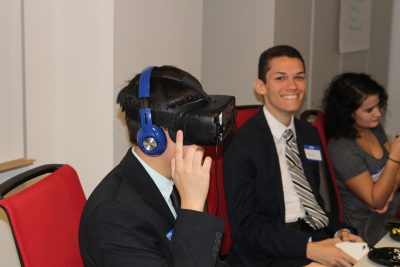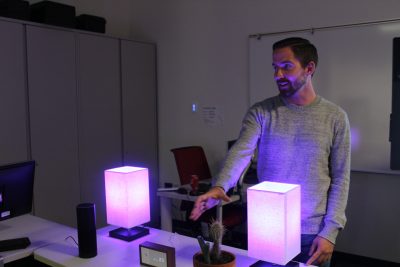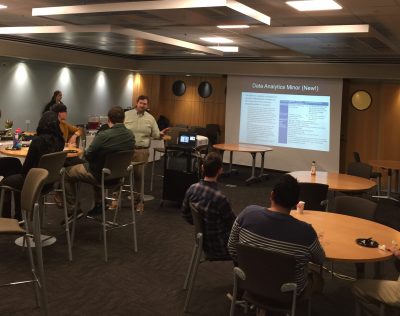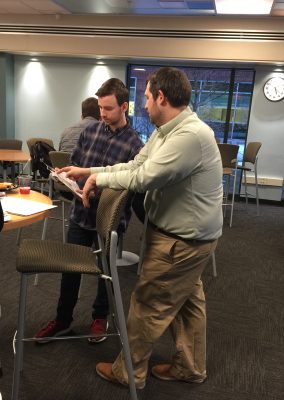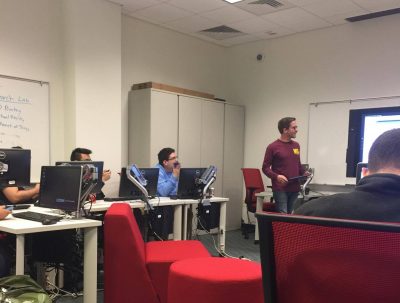
The final technology workshop of the Spring 2017 semester held by the Operations and Information Management (OPIM) Department explored Internet of Things (IoT) through Splunk. It was the last in a series of technology workshops part of the OPIM Innovate Initiative. The workshop took place in the Gladstein Lab on Friday, April 21st.
Professor Ryan O’Connor instructed the workshop, preparing students to use the technology. O’Connor said the wanted to make the workshop practical for the students in attendance. The goal was to get students to install the application to ultimately be able to utilize it beyond just the workshop. He said the workshop went very well and commented on the great turn out of attentive students in attendance, especially for the end of the semester.
O’Connor said that understanding IoT through Splunk because it is a very important emerging field.
“Big data is becoming increasingly important, if not already important, and students looking to enter the information technology field should have a familiarity with it,” O’Connor said.
It is very attractive to companies when students can say that they have worked with IoT through Splunk and have actually installed it, O’Connor said. This fact is what made this workshop and topic so important for students, he said.
Tyler Lauretti, President of the Information Management Association (IMA), gave very positive feedback after the workshop. Lauretti said he was excited to dive in to using IoT through Splunk and learn more about data analytics and the uses for big data platforms, which is a big interface that many companies are using. He said he got a lot of useful information out of the workshop like he was hoping to.
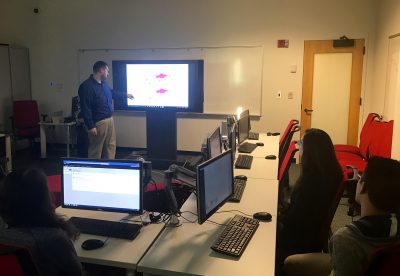
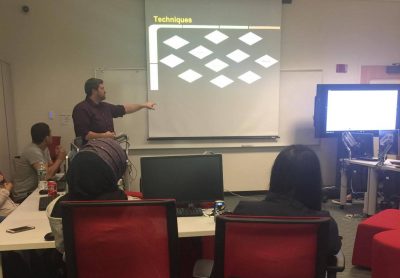
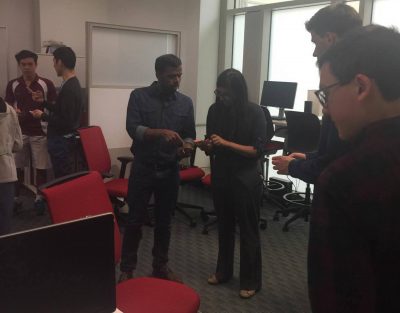

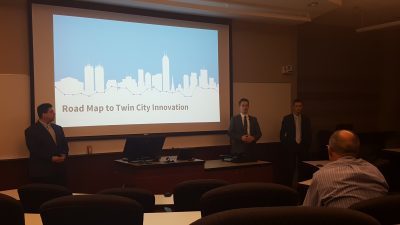
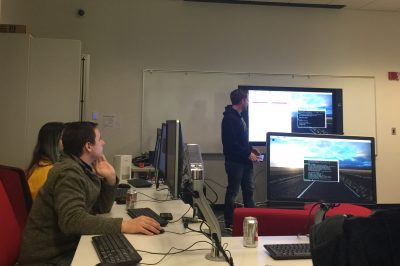
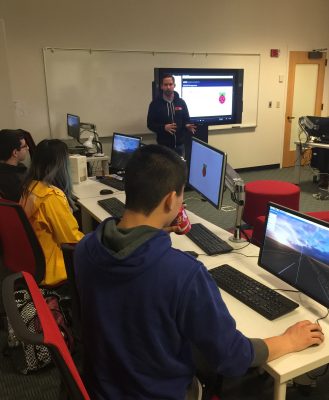 how to host and solve a web server using the technology.
how to host and solve a web server using the technology.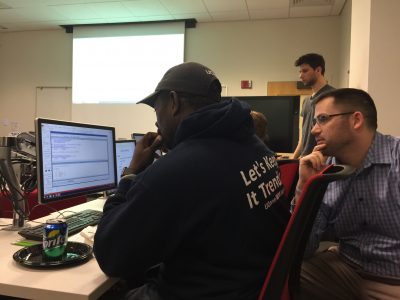
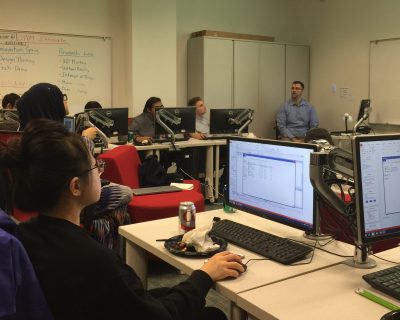
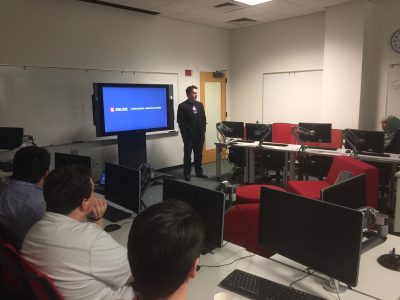
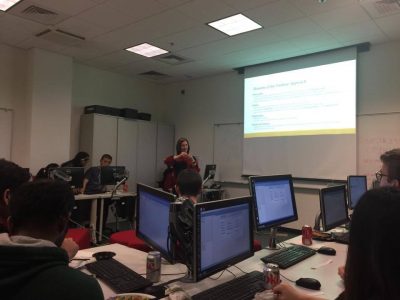
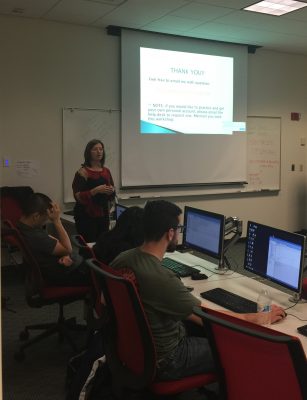 Three students at the workshop claimed to have previous experience using SQL, Radziwillowicz said. Because the majority of the students did not have any or limited experience, she concentrated on giving students a basic overview of the technology, not going too far in depth. She said that a continuation class was a possibility if there was enough interest.
Three students at the workshop claimed to have previous experience using SQL, Radziwillowicz said. Because the majority of the students did not have any or limited experience, she concentrated on giving students a basic overview of the technology, not going too far in depth. She said that a continuation class was a possibility if there was enough interest.